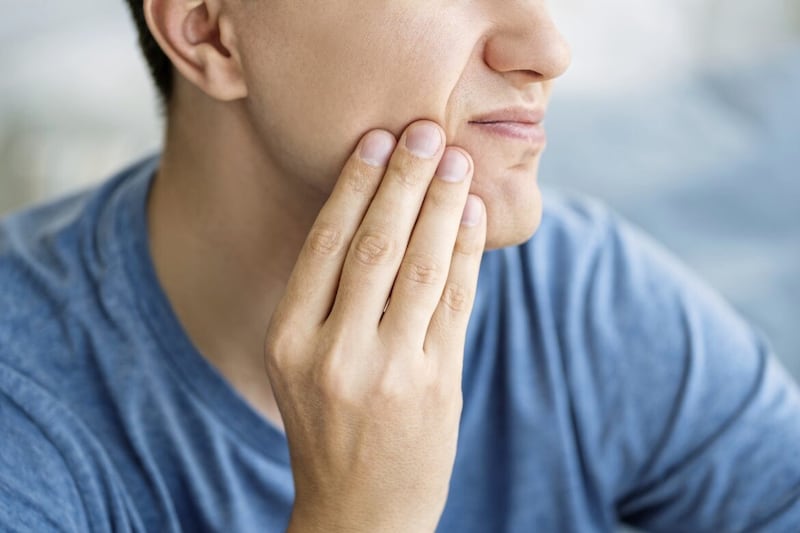WE ALL have our party quirks and when it comes to our teeth they are definitely not left out of our 'odd habits' repertoire. It’s just that what can start out as a comforting or handy trick can end up damaging not only our teeth but also our mental health.
For some people our teeth are useful for much more than speaking and eating; there are those among us who rely on their teeth for a number of odd jobs – to uncap a bottle of nail varnish, open hair pins, straighten a bent fork tine and even strip plastic tubing from wire cables. Repeated usage by the same tooth can wear tell-tale notch marks that can only be caused by an idiosyncratic habit.
These types of excessive forces can be hard on your teeth, causing the edge to chip off or even fracture so badly that it needs removed. So if you view your teeth as an extended tool then perhaps invest in a Swiss army knife – much more effective and less expensive to fix if it breaks!
Others among us enjoy chewing ice which, while refreshing, is essentially like chewing rocks. Even though our teeth are covered by the hardest material in our bodies, they are not designed to hold up to the kind of stresses and strains that repeated ice chomping exerts.
It’s the brittleness coupled with the cold temperature of ice cubes that magnify the risk of micro-fractures radiating through the teeth. Crushed ice is less harmful than bigger cubes, but if you’re constantly feeling the urge to chew ice, you should speak to your doctor as you may be suffering from undiagnosed anaemia.
A more difficult habit to break is one of repeated tongue rubbing. This may start after the tongue feels the need to explore a new gap or new shape of tooth. Normally the tongue will just accommodate to a new shape in your mouth. However, sometimes a tooth rubbing habit can be prolonged, causing the tongue to form a hard lump or become sore and ulcerate.
Prolonged pain is extremely debilitating. For a few people with tongue-rubbing habits, they can feel unable to stop even though they realise that it’s hurting them. Sometimes it is inner anxiety that causes the unwanted movements and so it may be that psychological therapies are needed to help break the habit.








